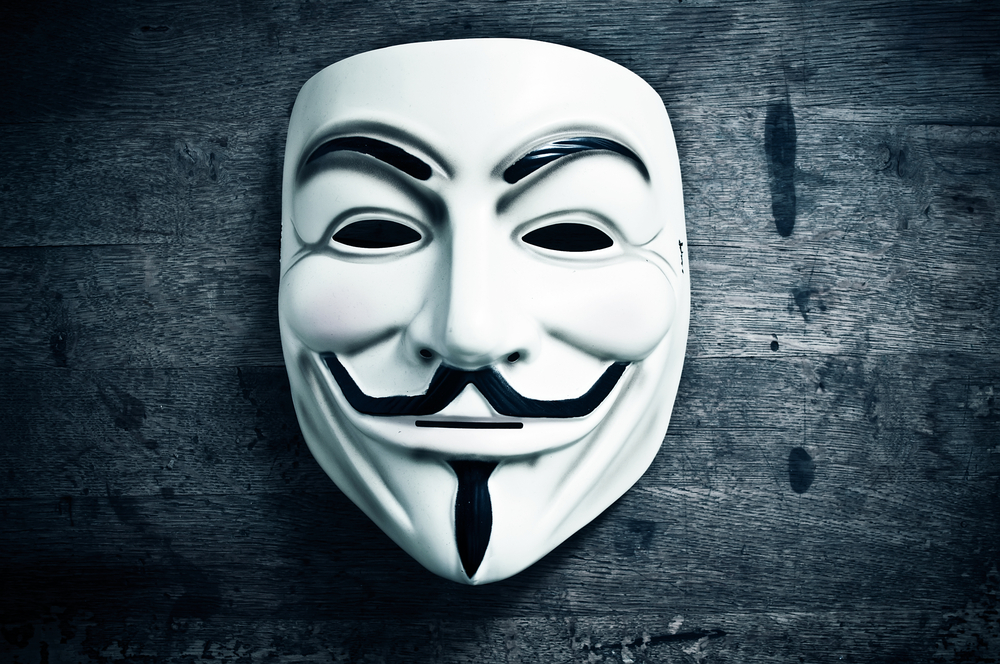Angry and disconnected people more likely to support Anonymous.
Listen to this article

People who support the hacking network Anonymous are more likely to be angry about perceived societal injustices and feel disconnected from the political process, new research has shown.
What the researchers say: The study’s authors carried out two studies, in the UK and US, to investigate support for Anonymous and establish why people held these attitudes. They found that in both national contexts anger against the political system was the common factor in explaining the relationship between people's belief that they could or could not influence political affairs and their attitude toward Anonymous.
Those who took part in the two studies who reported feeling angry and powerless to change their political context were more likely to express their dissent vicariously, in the form of support for Anonymous, rather than engaging directly in the political processes (for instance, by voting or protesting).
This finding was consistent with what is known as “Social Banditry” theory, whereby political grievances that cannot be otherwise voiced trigger anger against the political system, which in turn promote support for disruptive social actors, or “social bandits.” The lead author said the findings suggest that Anonymous hackers are seen as “social bandits—the modern-day equivalent of figures such as Robin Hood or Jesse James or Ned Kelly” who have traditionally been celebrated in local folklore as noble individuals who robbed the rich and gave to the poor.
The research also found that people who considered themselves to have an individualistic outlook were more likely to have a supportive attitude to groups like Anonymous. In contrast, people with a collective view of society had stronger intentions to engage in direct political engagement, such as voting or participate in a public demonstration.
This finding reflects Anonymous’ role as channel for an individualistic desire of revenge against the system, rather than a program for collective and institutional social change and improvement.
So what? Perhaps anyone who is not angry with our society as it is should be. However the authors of this study do make an important point. There has been a tendency for people to withdraw from the political process—be it in society at large or in the work setting. I have seen an increasing number of workers in the firms that we work with disengaged and unwilling to participate in any firm-generated process—even when that process might well improve their work lives or conditions.
The famous French historian Albert Sorel (1842-1906) said that revolutions only happen when things are getting better. When conditions in society are getting worse people concentrate on just keeping alive or protecting their families of lifestyle. That is certainly true today with increasing uncertainty of employment, stagnant wages, rising inequality and social isolation. So the belief that the “system” is against them and that real change is, perhaps, impossible drives them, as Sorel saw, to withdraw and concentrate on their own particular problems. They then “outsource” their anger and frustrations to the likes of Anonymous.
Join the discussion
More from this issue of TR
You might be interested in
Back to Today's ResearchJoin our tribe
Subscribe to Dr. Bob Murray’s Today’s Research, a free weekly roundup of the latest research in a wide range of scientific disciplines. Explore leadership, strategy, culture, business and social trends, and executive health.







